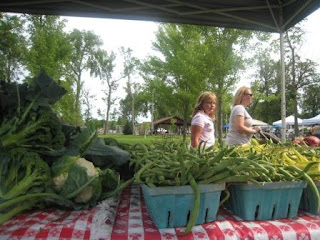 and its disadvantages. The major advantage is that it seriously retains moisture. For
and its disadvantages. The major advantage is that it seriously retains moisture. Forexample, last year when it was extremely dry after June, we didn’t have to set up irrigation until the end of July. Places with sandy soils like near Erhard and Dent had crops simply burn up. The couple disadvantages are compaction and soil
temperature. Both of these issues have been challenges this year since we’ve had the “monsoon season” most of the summer. As I’m sure your own plants did, many crops just sat in the mud not growing at all because of the low soil temperature as well as the retention of moisture. With so much water, plants were turning yellow because they simply weren’t getting oxygen due to saturated ground and not functioning to their best abilities because of the low temperatures. Compaction is the other issue which I think we’ve been skirting to the best of our abilities. The trick here with a clay soil is to use machinery only when the ground is pretty dry, if not, you’ll have cement where the tire tracks are and mud chunk cement pieces where you tilled—not good. This, of course, messes with when you can cultivate to take out the weeds. Basically I’ve been working on being more patient this season, so I should be a better person for it.